Post by Dave on Aug 10, 2010 16:01:24 GMT
I had not planned to be standing in the rain at 8am this morning taking pictures of a football ground, but in life you have to take the opportunities that come your way as they may not be there tomorrow.
I was driving through Torrington to get to Bideford when I noticed one of the two gates close to the road that goes into the ground was open and as I got level with the gates I could look beyond them up a short lane and see the corner of the pitch.
I had to park a little distance away and walk back to the gates and while the short lane leads into the ground I don’t think it’s the entrance that is used for games, I do not know that as a fact, but the old brick pay booth does not look like its been used for years and while I did not have the time to check it out, I suspect the main entrance is over the other far corner near the social club. There are also no signs anywhere on the entrance I used telling you its Torrington FC ground or any boards saying when the next game is on.
So through the open gate I walked and up the short lane and I soon got that feeling I have had before when I have been in these situations, you know the one where you expect any minute to feel a large hand on your shoulder and hear those words “hello hello hello what are you up to sonny boy”
Despite the rain and the damp the pictures I have taken on my camera phone have come out well and my first impressions of the ground was that it was a reasonably tidy little ground and while I know they struggle to get many in the ground to watch games, they do have a very good and thriving social club.
I walked along behind the goal and when I got to the corner flag and turned to walk the social club side of the ground I first noticed the very noticeable slope on the pitch that runs the whole length of the pitch and seems to start around the middle of it toward the side I was standing.
I then came to the first of two stands but I think the second one is no longer used judging by the way it looks; I will come back to that stand in a bit. The stand is named The Daylin Brown Stand and has the words Torrington Legend on the sign; I would expect he must have been a player at the club? who was highly thought of.
I wish now that when I had got to the end of this side of the ground I had checked to see it the main entrance was where I now believe it is but it was not until I had got on my way again to Bideford I questioned if the entrance I used was no longer used, if that makes sense.
I then carried on my walk around the ground behind the other goal and up to the top corner of the pitch. As I turned and started walking along the top side of the pitch I could see a large shed type building that I expect is used to store the equipment needed for the pitch etc.
The dugouts are not marked home or away and are a bit tatty and from this side you do not notice the slope on the pitch half as much as you do from the other side of it. The second stand may well have been the only stand at the ground in the beginning as I expect the first one I came to was built much later and might even have been built at the same time the social club was built.
The stand is four steps deep and on each set of steps are breeze blocks two high that at one time would have had planks on them to form seating, there are just two planks left in the middle of the stand now.
It was well worth the time I took having a look around and taking some pictures and hopefully Barton will be able to add some facts and figures to this thread, until then a short piece on the history of the club
Torrington were established in 1908 and, after spending several decades in local North Devon football, they stepped up and joined the South Western League in 1978. After five years, they were elected to the Western League Division One in 1984 and were immediately successful as Champions, earning promotion to the Premier Division. That 1984-85 season also saw their best ever run in the FA Vase when they reached the last 16 (5th round).
Despite being based in one of the smaller towns represented in the league, and having some of the longest distances to travel, the club has often finished in a respectable position, with the undoubted highlight coming in the 1990-91 season when the club finished in the runner-up position under former Plymouth Argyle boss Johnny Hore. They have been unable to repeat that feat since, and dropped down to the lower division for a five-season spell around the turn of the millennium, but returned to the Premier Division in 2003.
Gates at Vicarage Field dropped to an average of 44 in the 2006-07 season, and the club decided in June 2007 to withdraw from the Western League, and return to the North Devon League, taking over the position previously occupied by their reserve side.
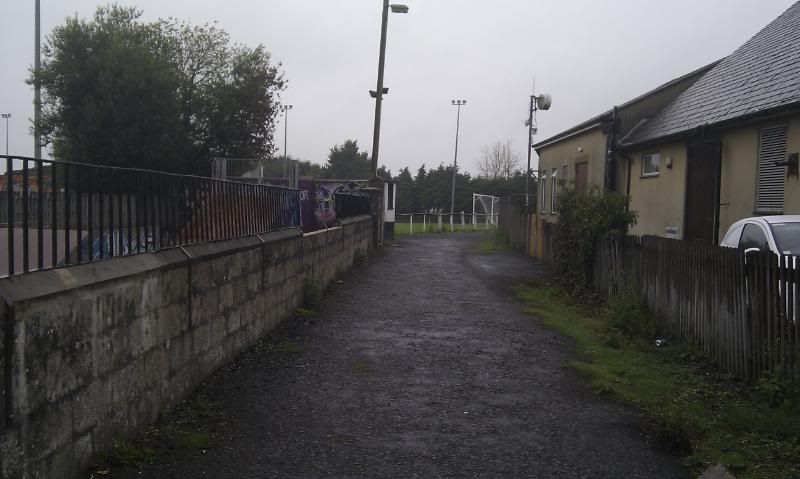
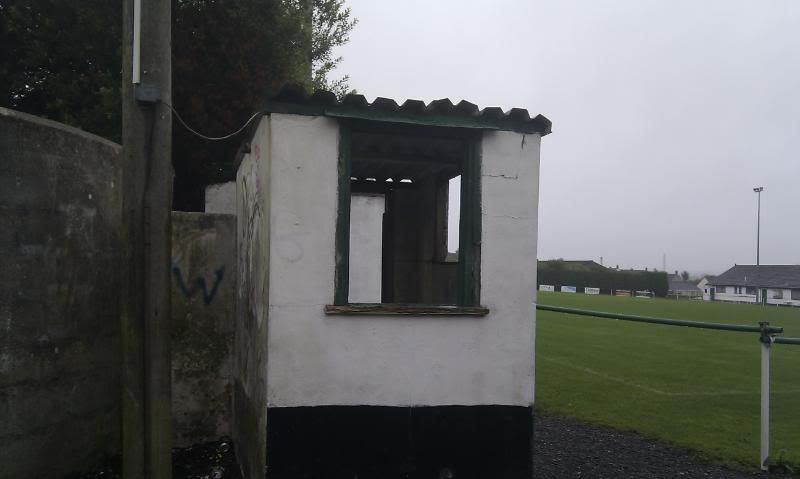
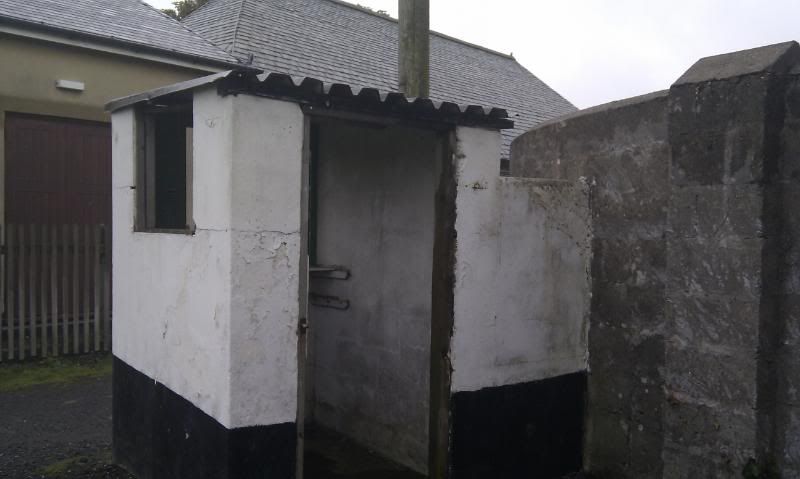
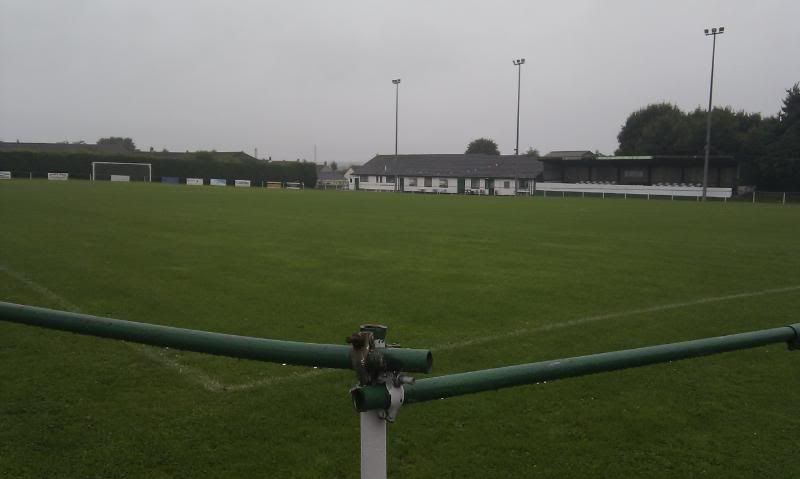
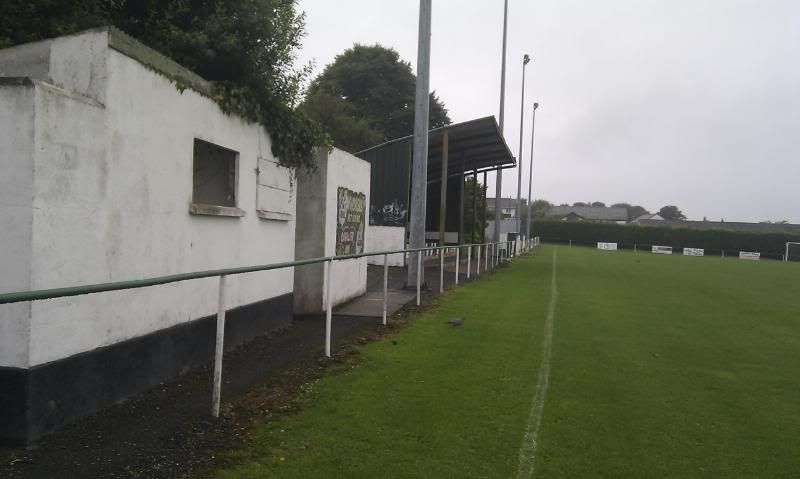
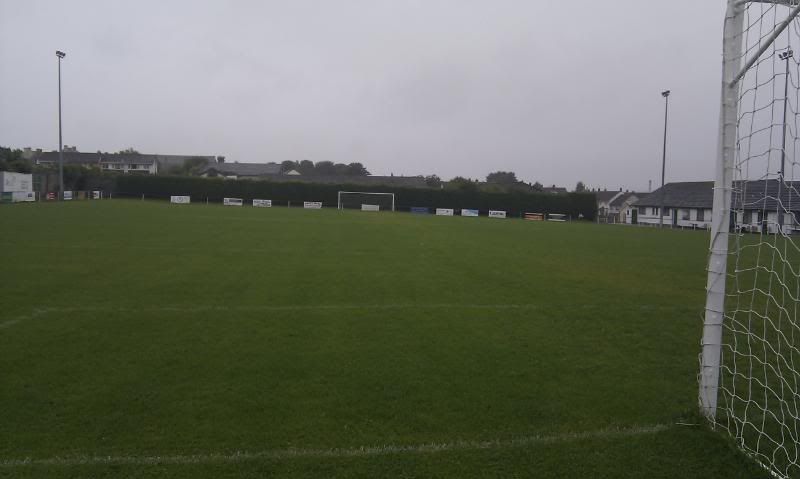
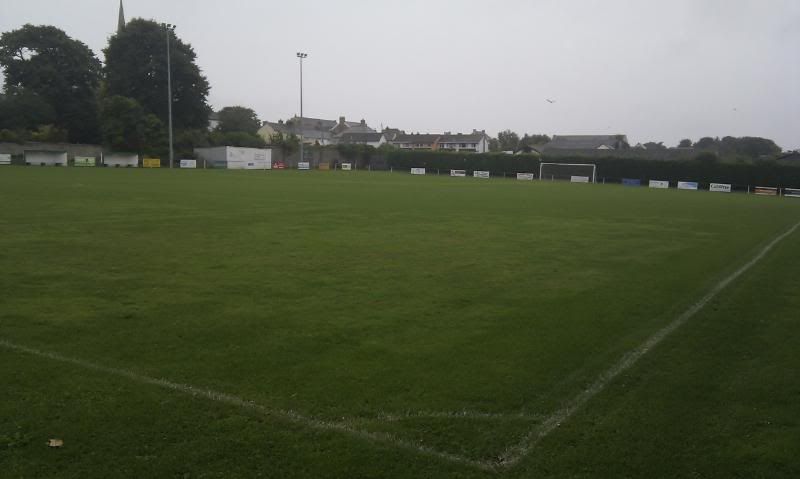
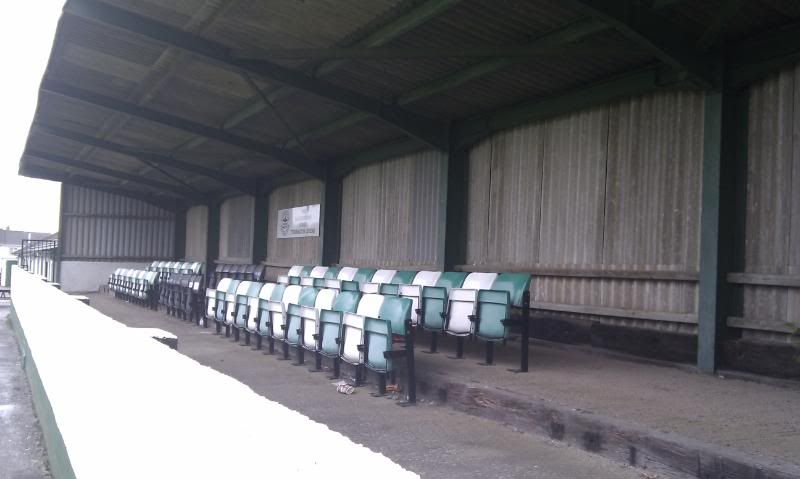
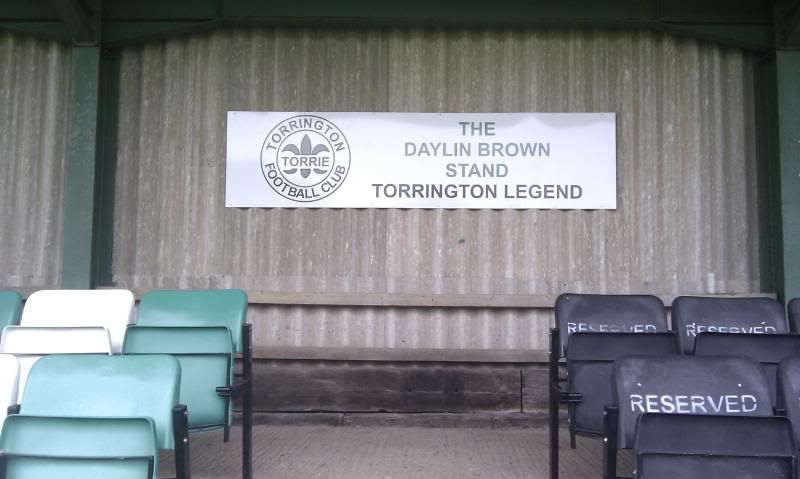
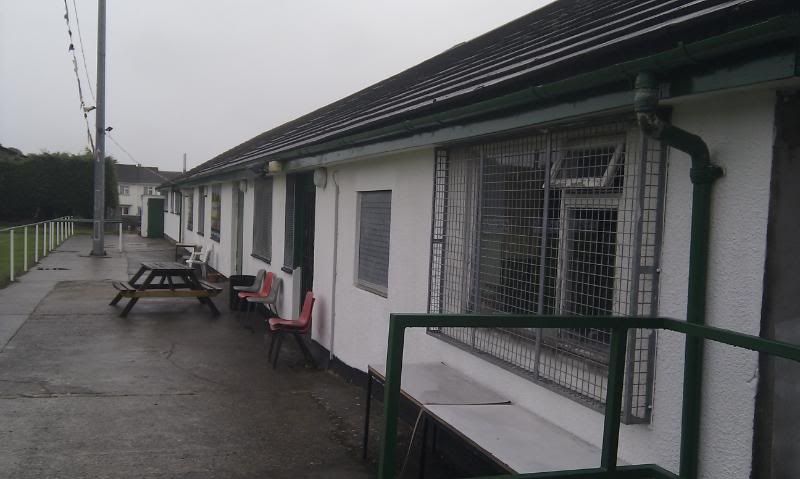
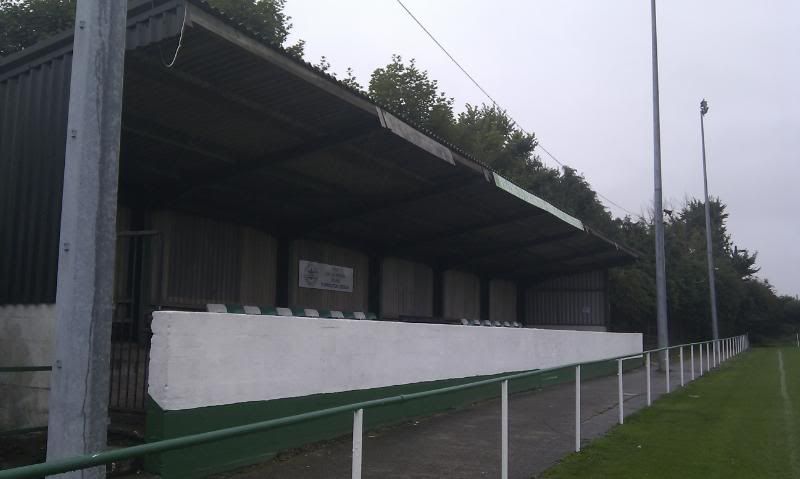
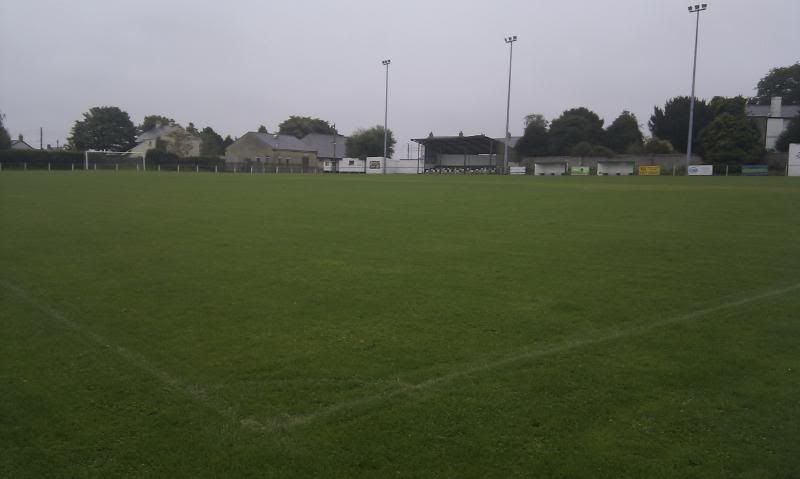
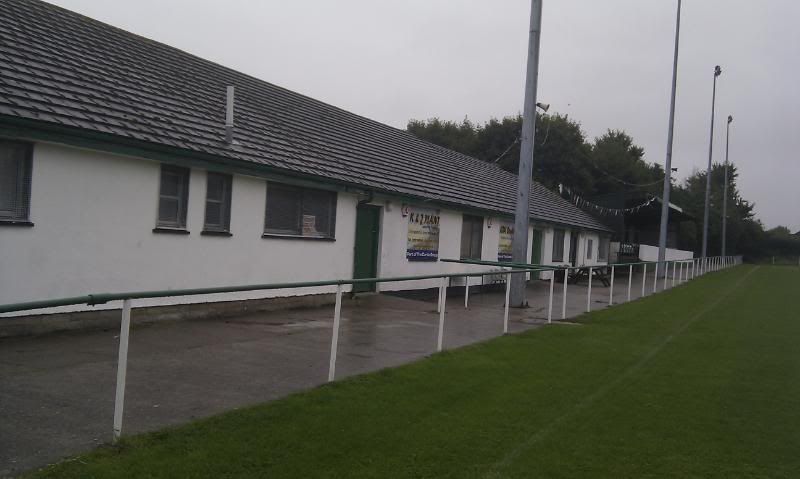
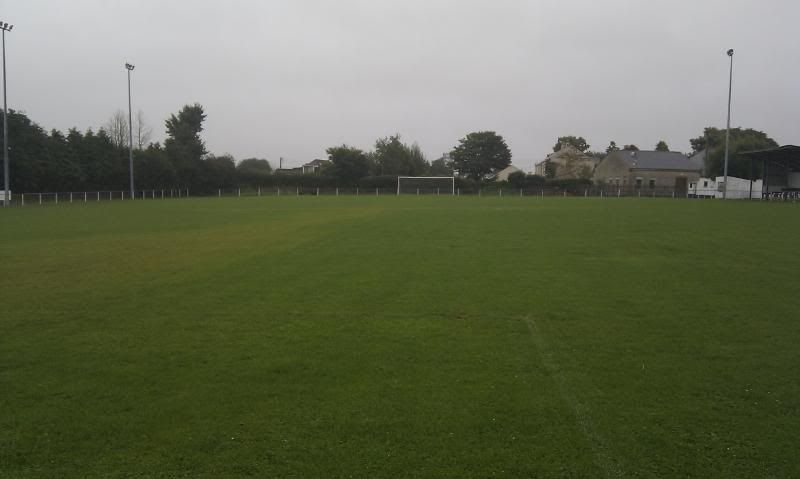
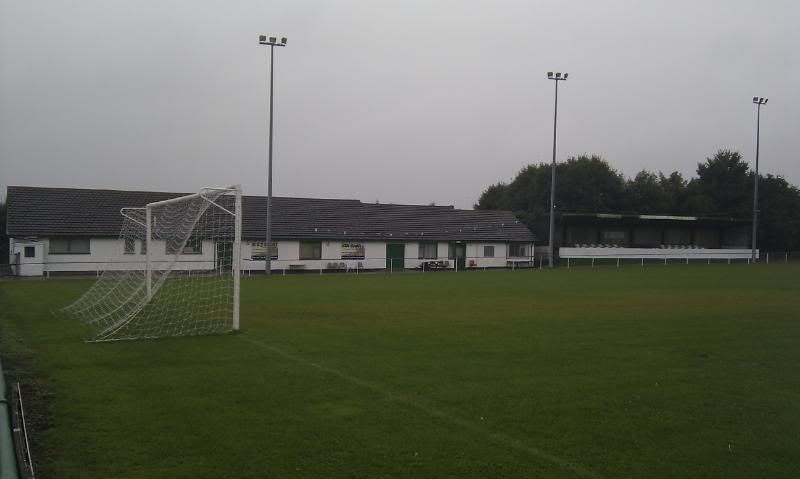
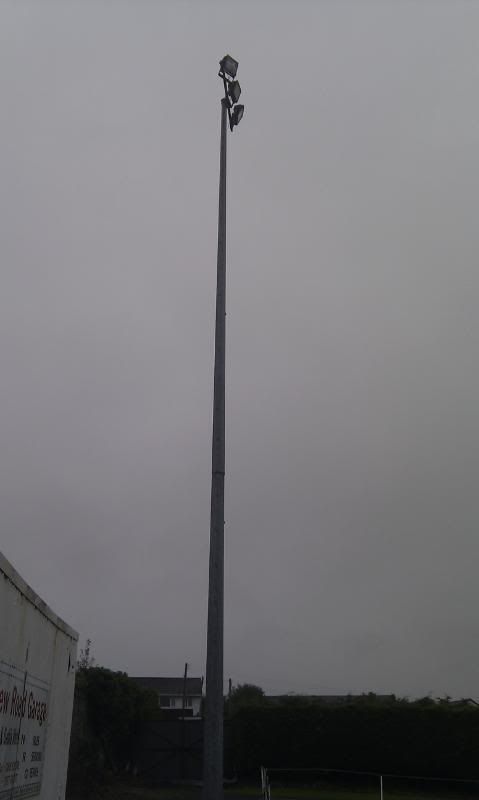
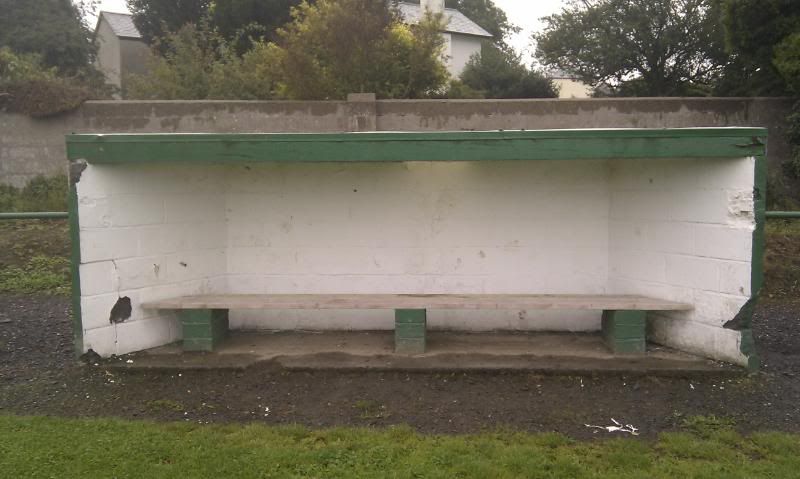
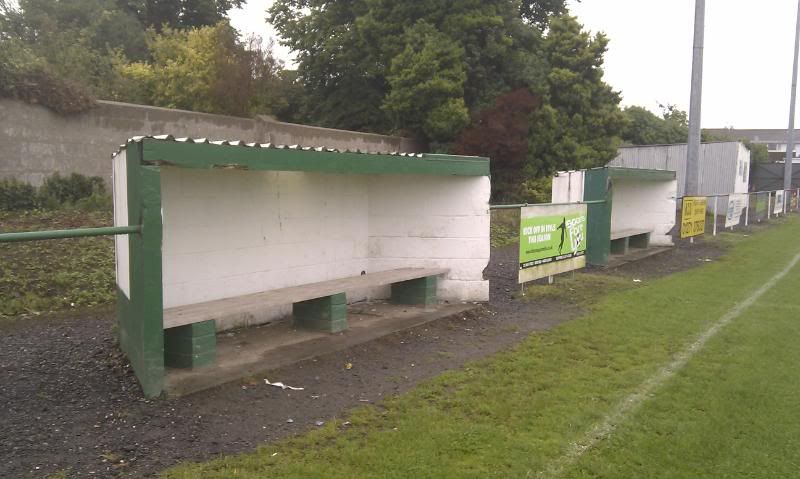
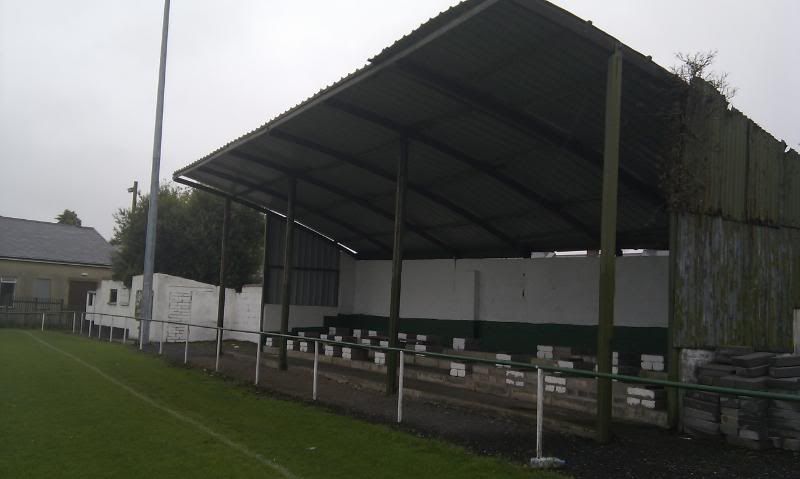
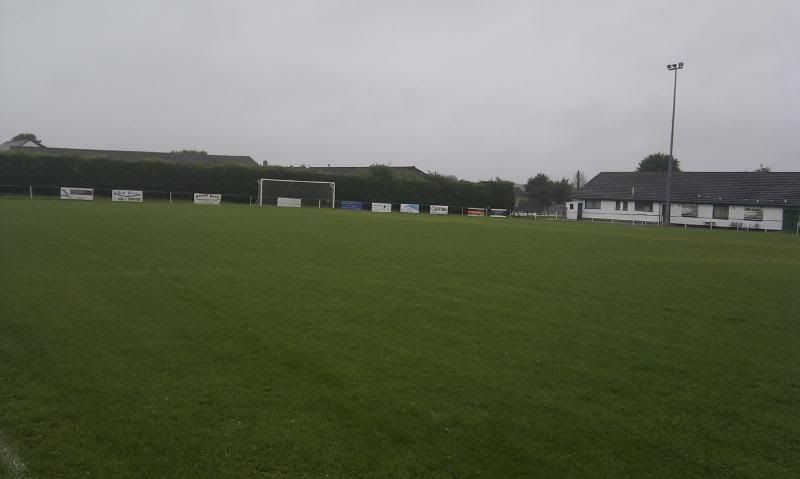
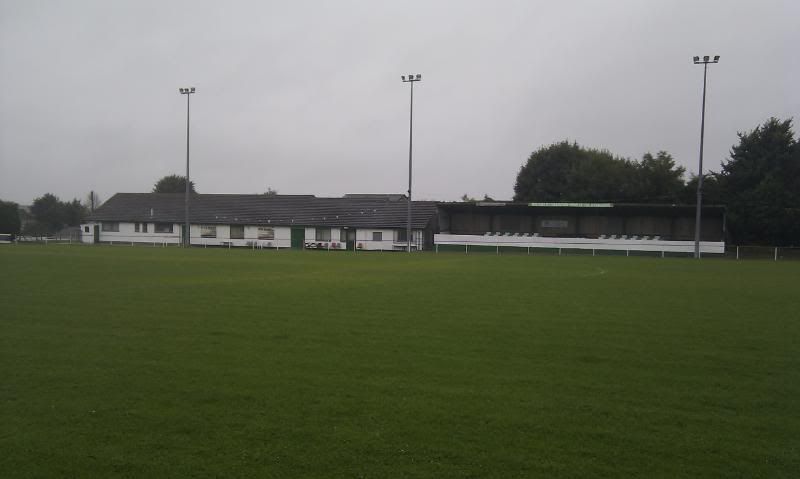
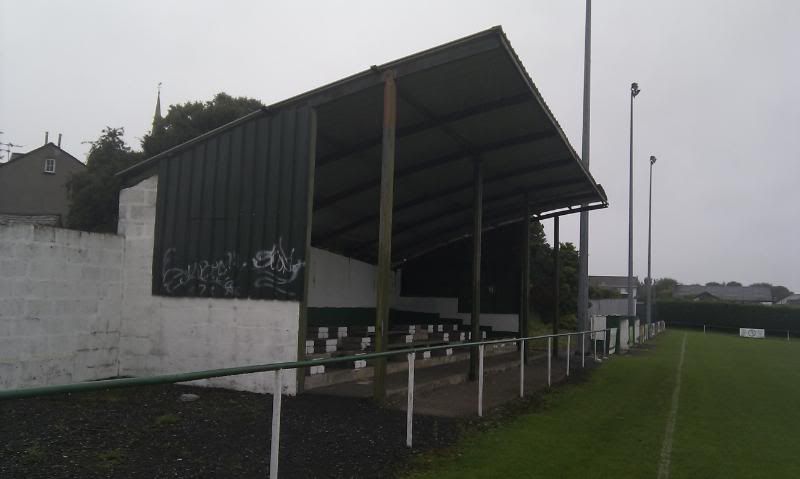
I was driving through Torrington to get to Bideford when I noticed one of the two gates close to the road that goes into the ground was open and as I got level with the gates I could look beyond them up a short lane and see the corner of the pitch.
I had to park a little distance away and walk back to the gates and while the short lane leads into the ground I don’t think it’s the entrance that is used for games, I do not know that as a fact, but the old brick pay booth does not look like its been used for years and while I did not have the time to check it out, I suspect the main entrance is over the other far corner near the social club. There are also no signs anywhere on the entrance I used telling you its Torrington FC ground or any boards saying when the next game is on.
So through the open gate I walked and up the short lane and I soon got that feeling I have had before when I have been in these situations, you know the one where you expect any minute to feel a large hand on your shoulder and hear those words “hello hello hello what are you up to sonny boy”
Despite the rain and the damp the pictures I have taken on my camera phone have come out well and my first impressions of the ground was that it was a reasonably tidy little ground and while I know they struggle to get many in the ground to watch games, they do have a very good and thriving social club.
I walked along behind the goal and when I got to the corner flag and turned to walk the social club side of the ground I first noticed the very noticeable slope on the pitch that runs the whole length of the pitch and seems to start around the middle of it toward the side I was standing.
I then came to the first of two stands but I think the second one is no longer used judging by the way it looks; I will come back to that stand in a bit. The stand is named The Daylin Brown Stand and has the words Torrington Legend on the sign; I would expect he must have been a player at the club? who was highly thought of.
I wish now that when I had got to the end of this side of the ground I had checked to see it the main entrance was where I now believe it is but it was not until I had got on my way again to Bideford I questioned if the entrance I used was no longer used, if that makes sense.
I then carried on my walk around the ground behind the other goal and up to the top corner of the pitch. As I turned and started walking along the top side of the pitch I could see a large shed type building that I expect is used to store the equipment needed for the pitch etc.
The dugouts are not marked home or away and are a bit tatty and from this side you do not notice the slope on the pitch half as much as you do from the other side of it. The second stand may well have been the only stand at the ground in the beginning as I expect the first one I came to was built much later and might even have been built at the same time the social club was built.
The stand is four steps deep and on each set of steps are breeze blocks two high that at one time would have had planks on them to form seating, there are just two planks left in the middle of the stand now.
It was well worth the time I took having a look around and taking some pictures and hopefully Barton will be able to add some facts and figures to this thread, until then a short piece on the history of the club
Torrington were established in 1908 and, after spending several decades in local North Devon football, they stepped up and joined the South Western League in 1978. After five years, they were elected to the Western League Division One in 1984 and were immediately successful as Champions, earning promotion to the Premier Division. That 1984-85 season also saw their best ever run in the FA Vase when they reached the last 16 (5th round).
Despite being based in one of the smaller towns represented in the league, and having some of the longest distances to travel, the club has often finished in a respectable position, with the undoubted highlight coming in the 1990-91 season when the club finished in the runner-up position under former Plymouth Argyle boss Johnny Hore. They have been unable to repeat that feat since, and dropped down to the lower division for a five-season spell around the turn of the millennium, but returned to the Premier Division in 2003.
Gates at Vicarage Field dropped to an average of 44 in the 2006-07 season, and the club decided in June 2007 to withdraw from the Western League, and return to the North Devon League, taking over the position previously occupied by their reserve side.























 Nice to see this ground where I officiated over a quarter of a century ago featured and to the best of my memory, it hasn't changed a bit.
Nice to see this ground where I officiated over a quarter of a century ago featured and to the best of my memory, it hasn't changed a bit.